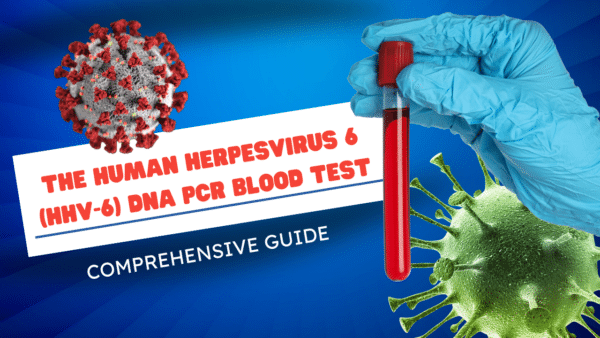Prenatal Panel
A blood test for pregnancy should include more information than the simple result of “pregnant” or “not pregnant”. The Walk-in Labs Prenatal Profile (OB) Blood Test Panel provides information on the full scope of blood and body health that is important to know and consider when one is pregnant or trying to conceive. Specifically, the prenatal panel includes the following tests:
• ABO Group and RHO(D) Typing
• Complete Blood Count (CBC)
• Lipid Panel
• Comprehensive Metabolic Panel-14
• Thyroid Panel with TSH
• Human Immunodeficiency Virus HIV-1 1/o/2 Antibodies
• RPR Qualitative
• Rubella Antibodies IgG
ABO Group and RHO(D) Typing
This test gives information about the donor’s blood type. The first factor in determining blood type is testing the ABO antigen for whether one is A, B, AB, or O blood type. The second factor in determining blood type is testing the RhD antigen, which indicates if the blood type is “negative” or “positive”. A blood type is inherited from both father and mother. Therefore, when a women becomes pregnant, she and the fetus many not have the same blood type. This difference in blood type sometimes leads to the mother’s body creating antibodies that attack the red blood cells of the fetus and result in disease that can be fatal to the fetus. A blood typing test can help determine if the mother may benefit from receiving Rh immune globulin to prevent the formation of these antibodies.
Complete Blood Count (CBC)
The CBC is used to gather information on blood cell health. The test measures the balance of red and white blood cells, as well as platelets. Too many or too few of any one type of cell or platelet can help indicate a health problem and aid in diagnosing a specific disorder. Pregnancy can change this blood cell balance. A CBC test should be administered routinely throughout a pregnancy.
Lipid Panel
The lipid panel tests all of the different types of cholesterol is the blood. High cholesterol levels during pregnancy can be very dangerous. A high level of cholesterol during pregnancy puts one at a higher risk of preterm delivery. It also puts a woman at an increased risk of developing pregnancy-induced hypertension, a serious condition that can be fatal for both the mother and child.
Comprehensive Metabolic Panel-14
This blood panel includes 14 different tests that assess the health of vital organs such as liver and kidneys, as well as blood health, fluid and electrolyte levels, and presence of minerals such as calcium. This panel should be given yearly whether one is pregnant or not, but is especially important to test during pregnancy. If the mother’s body is not functioning properly the health of the fetus can be greatly compromised. You can order a Comprehensive Metabolic Panel (CMP) online without insurance or a doctor’s prescription.
Thyroid Panel with TSH
The thyroid gland produces TSH (thyroid-stimulating hormone), which helps to regulate the metabolic system. Levels of TSH can affect weight, mood, heart rate, and overall energy level. In adults abnormally low or high levels of TSH are not normally a life threatening concern and can be managed with medications. However, TSH levels are very influential in fetal and infant development. If a pregnant woman has suboptimum levels of TSH in her system, the baby has higher chances of mental retardation and dwarfism.
Human Immunodeficiency Virus (HIV)
An HIV blood test should be taken as early in a pregnancy as possible. HIV is a virus that the body cannot naturally eradicate. Over time HIV can breakdown the immune system so much that one is at risk of developing acquired immune deficiency syndrome (AIDS). Without treatment, a mother has a 25% likelihood of passing HIV onto her child. With treatment during pregnancy, that risk goes down to 2%.
RPR Qualitative
This blood test detects the presence of syphilis, which is an infectious disease. There are effective treatments for syphilis if the disease is detected and treated early. If syphilis is not treated, the disease will progress and can cause serious health problems. As with HIV, syphilis can be passed from a pregnant woman to the fetus in the womb or to the infant at birth. This can be fatal for the child.
Rubella Antibodies IgG
The rubella virus, which causes measles, can be present in the body without any outward signs or symptoms. Although the adult immune system can usually keep this virus under control, the fetal immune system cannot. If a pregnant woman has the presence of the rubella virus in her blood, the virus can be transferred to the fetus. The rubella virus can cause a wide range of health issues for the fetus including malformation, deafness, blindness, mental retardation, and death. The rubella blood test should be done at the beginning of the pregnancy.

